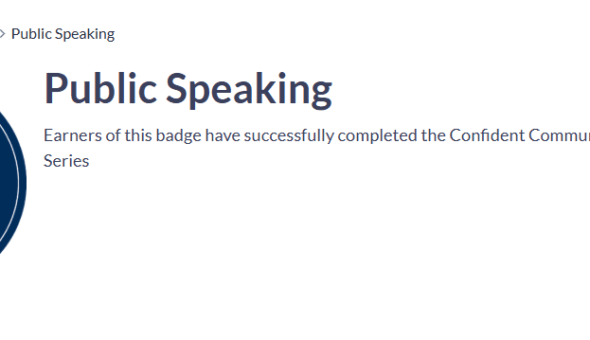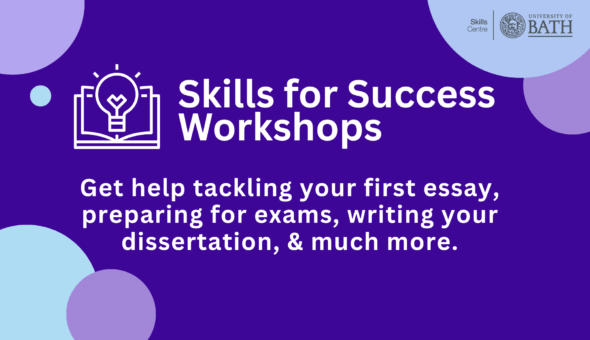University isn’t always a smooth ride, and whether you're deep in undergraduate lectures or immersed in postgraduate research, there are times when academic reading feels like decoding an alien language. And as if that isn’t enough, many of us quietly carry around a sneaky voice whispering, “You don’t belong here.” Sound familiar?
You’re not alone. Every student—yes, every student—has hit a wall with confusing readings or felt like they were faking their way through. That’s the feeling of Imposter Syndrome. The good news? There are solid strategies to help you move through the muddle and come out more confident on the other side.
1. Break down the reading beast
Academic texts are tough. They’re dense, technical, and often assume you already know the background. Here's how to wrestle them into something manageable:
-
Skim before you dive in
Don’t go in cold. First, skim the title, abstract (or introduction), headings, and conclusion. This gives you a roadmap, so you know what’s coming.
-
Break it into chunks
Don’t try to read 30 pages in one sitting. Split it into smaller sections. After each chunk, pause and summarise what you’ve read in your own words.
-
Use active reading tools
Highlight key points, scribble questions in the margins, or use sticky notes. This keeps your brain engaged and helps you return to important ideas later.
-
Look things up without shame
You’re not “supposed” to know everything. If a term, theory, or name stumps you, look it up. A quick Google search or dictionary check can help unlock a whole paragraph.
-
Use your peers and lecturers
Stuck? Ask a classmate how they understood it. Ask questions in lectures or bring them to tutorials with your academic advisor. Talking it out helps and is often very valuable.
2. Tame the Imposter Syndrome monster
Imposter Syndrome is that nagging feeling that you're not good enough—that you just got lucky, or that everyone else has it all figured out (spoiler: they haven’t). Here’s how to keep it in check:
-
Recognise it for what it is
That voice saying, “You’re not smart enough” isn’t telling the truth—it’s reflecting fear, not fact. Even top scholars wrestle with self-doubt.
-
Reframe your thoughts
Instead of “I don’t understand this, I must be clueless,” try: “This is a tough concept. Struggling means I’m learning.” Growth comes from grappling with the hard stuff.
-
Track your progress
Keep a journal or file of your assignments, feedback, or even just ideas. When you look back, you’ll see how far you’ve come, even if it’s slow and a bit erratic.
-
Avoid the comparison trap
Everyone has a different background, learning style, and pace. What looks easy for someone else may just be what they’re comfortable sharing. Focus on your style of learning and your journey.
-
Reach out for support
If imposter feelings are overwhelming, talk to your academic advisor or course lecturer or ask Student Support for help. You deserve support just like anyone else.
3. Build habits that make it easier
Studying and reading don’t have to be heroic solo missions. Small changes can make a big difference:
- Create a routine: Set aside regular time for reading, with breaks
- Choose the right space: Quiet, comfortable, well-lit places help you focus
- Celebrate small wins: Got through a tough article? Understood one new concept? That counts!
- Study with friends: Group study sessions give you a chance to demonstrate your understanding of an article and allow peers to help fill in any gaps, as we all have different areas and levels of expertise.
Final thoughts
Difficult reading and Imposter Syndrome are part of the academic journey, but they don’t define your ability or worth. The key isn’t to avoid struggle; it’s learning how to move through it. Be patient, stay curious, and remember that just by being here and showing up, you’re already proving you belong.
Respond



